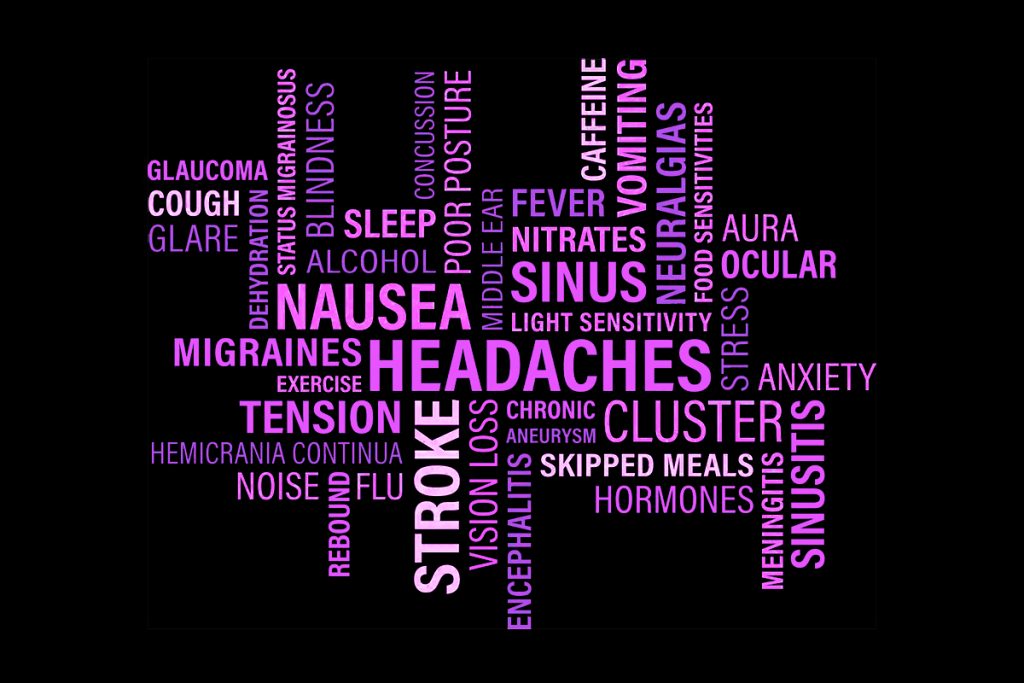Dr. Kate Truitt discusses the role of fear in making sense of physical symptoms and introduces easy hacks for self-soothing and healing. And Tinkerbell makes a cameo!
Dr. Kate Truitt is no stranger to the nature of grief and loss. After being widowed a week before her wedding in 2009 she embarked on a five-year journey back to finding herself. What was once a unique story of devastating traumatic loss is now the story of so many in 2020. In this guided meditation she shares opportunities for self-connection, healing, and resiliency that only come through being in deep relationship the painful wisdom gifted to us with loss.
A person with health anxiety will often misinterpret non-serious physical symptoms and attribute them to something more serious, especially during a pandemic. Some symptoms produced by anxiety can include muscle pain, chest pain, heart rate changes, headaches, and dizziness and more. This can heighten existing health anxiety.
Health anxiety is a very real phenomenon wherein regular body sensations are misinterpreted as being life-threatening. Much like the coronavirus, health anxiety can manifest in our bodies undetected like a virus and is amplified by stress. With so much information (and misinformation) around about the Coronavirus (COVID-19), you may start to find your thoughts trending towards concerns like, “am I at risk?” “Are my family and friends in danger?” “If I’m infected, am I endangering others?” “Is this ‘The New Normal’”? We can start to feel an urgency to be continually updated on the facts and this only serves to increase our fears.

You may find yourself spending a lot of time checking and re-checking updates to see what the up-to-the-minute news is. The headlines say to stay out of heavily populated areas, thoroughly wash and sanitize your hands and minimize the amount of times we touch our face. Every cough, sneeze or sniffle can start to become hyper-pathologizing. Health anxiety will start to feel like living one dry cough away from a Haz-mat container or being ostracized to self-quarantine. You could call this an emotional hijack, when one ruminates on “what could be” and “what’s real” and “what’s not.”
These types of thoughts can become a distorted spiral of circulating negative thoughts, fearing that you will never find a way out of this feeling. When you finally do take a breath, you need to find a mindful moment to re-direct your thoughts back to Self- Care. A person with health anxiety will often misinterpret normal or non-serious physical symptoms and attribute them to something more serious. Some symptoms produced by anxiety can include muscle pain, chest pain, heart rate changes, headaches, and dizziness, among others. This can heighten existing anxiety about one’s health.
Here are some helpful techniques that can reduce the stress and lessen the anxiety:
Self-Havening is a simple technique that can help reduce anxiety and depression by through autonomic nervous regulation. The process of self-havening is thought to work by boosting levels of the mood-stabilizing brain chemicals and decreasing cortisol.
First, identify a stressful or panicked thought or sensation in the body. Next, identify how strong the thought or sensation appears in the body and rate it from 0-10, (0 – being Zen and 10 being distressed). Once you determine your level of anxiety, you can more easily deconstruct it. This is the first step.
Second, try applying Self-Havening techniques. which can reduce stress and anxiety. This can be done by:
Applying light brushstrokes with your fingertips over the eyebrows a few times and then slightly on the upper cheekbone.
Crossing your arms and rubbing shoulders to biceps 7- 8 times.
Finish with rubbing your palms together like you are washing them.
While you Self-Haven direct your mind to focus on a Safe Space (favorite spot outdoors, at a beach, a comfortable room). Observe and describe that place in your mind using your 5 senses (i.e. sight, smell, taste, touch, sounds) for 2 minutes.
Another positive thing to focus on when you Self-Haven is to describe a Favorite travel experience in your mind for a few minutes, again using the 5 senses.
Or repeat a personal affirmation like, “You’ve got this” while you use Self-Havening Techniques.
Another suggestion for self-soothing that you may find helpful is to write a Gratitude List of 3-5 things, big or small. For instance:
“I am Grateful For….”,
“I appreciate having___________ in my life”
“_______________ is a gift”
Say the list aloud or maybe to a close friend who helps you keep accountable. Try Self-Havening while you recite what you are grateful for, i.e. “I’m grateful for my dog.”
Our CEO, Dr. Kate Truitt, has created two online videos deigned to support you and your loved ones in not only navigating Health Anxiety during these challenging times but also in creating internal strength and calm. In the first video, Dr. Truitt provides additional information about how and why Healthy Anxiety exists. Follow along in the second video as she guides us through a meditation practice that utilizes the Self-Havening touch to decrease cortisol (stress) and increase personal empowerment.
Though things are difficult right now it is always a good idea to stay connected with others and use the opportunity to focus on your first priority, yourself. Like they instruct you while on an airplane, always put on your safety mask first before you help others. May these self-care tips for managing health anxiety be a source of oxygen as you put on your own safety mask.
———————————
Federal Department of Consumer Affairs and Board Of Behavioral Science Notifications For Consumers